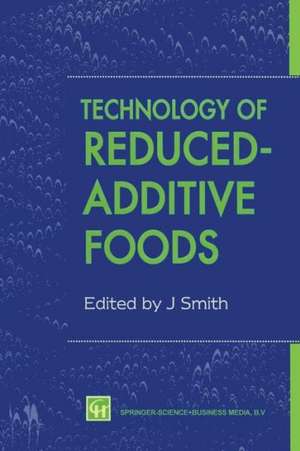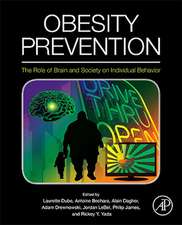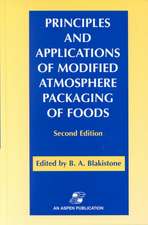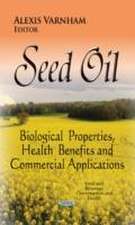Technology of Reduced-Additive Foods
Editat de Jim Smithen Limba Engleză Paperback – 20 oct 2012
Preț: 386.39 lei
Nou
Puncte Express: 580
Preț estimativ în valută:
73.96€ • 80.36$ • 62.17£
73.96€ • 80.36$ • 62.17£
Carte tipărită la comandă
Livrare economică 21 aprilie-05 mai
Preluare comenzi: 021 569.72.76
Specificații
ISBN-13: 9781461358817
ISBN-10: 1461358817
Pagini: 264
Ilustrații: XII, 249 p.
Dimensiuni: 155 x 235 x 14 mm
Greutate: 0.38 kg
Ediția:1993
Editura: Springer Us
Colecția Springer
Locul publicării:New York, NY, United States
ISBN-10: 1461358817
Pagini: 264
Ilustrații: XII, 249 p.
Dimensiuni: 155 x 235 x 14 mm
Greutate: 0.38 kg
Ediția:1993
Editura: Springer Us
Colecția Springer
Locul publicării:New York, NY, United States
Public țintă
ResearchCuprins
1 Starter cultures.- 2 New animal-derived ingredients.- 3 New marine-derived ingredients.- 4 Reduced-additive breadmaking technology.- 5 Novel food packaging.- 6 Antimicrobial preservative-reduced foods.- 7 New plant-derived ingredients.- 8 Food from supplement-fed animals.- 9 Reduced-additive brewing and winemaking.















